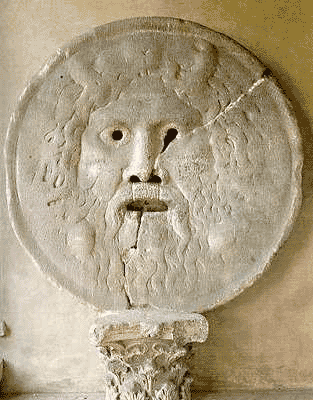
International affairs, peace
and human security

|
|

| |

|
|

|
|

|
|
 |
|

|
|
 |
|
 |
IMPUNITY, TRUTH, JUSTICE & RECONCILIATION The proliferation of new, complex conflicts since the end of the Cold War has posed new, urgent challenges to the churches. Not only have these conflicts claimed an unprecedented toll of civilian lives, but in many of them the religious factor has moved to the center. Many of these conflicts have not fit into the traditional model of inter-state wars for territory or domination, but rather have been intra-state battles between ethnic, national and racial groups. They have thus taken the international community by surprise and have defied traditional approaches to settlement. Studies undertaken by specialists in conflict resolution have shown that a dominant cause of such conflicts are histories of unresolved tensions arising from past offenses of one party against another. The granting of impunity, de jure or de facto, to those who have committed grave crimes against humanity in the past; the failure of societies or of the international community to seek and admit the truth about these crimes; and the smoldering resentment of offended parties are often at the root of conflict. Churches around the world have increasingly seen the need to understand these dynamics better in order that they may become true agents of reconciliation. Since 1993, the World Council of Churches has been engaged in a program on impunity, truth and reconciliation to study and help the churches act upon these trends. The aim is to equip Christians to address early warning signs of conflict and to act upon them before open conflict explodes into war, to minister to people in times of armed conflict, and to promote profound post-conflict healing and social reconciliation. |
|
